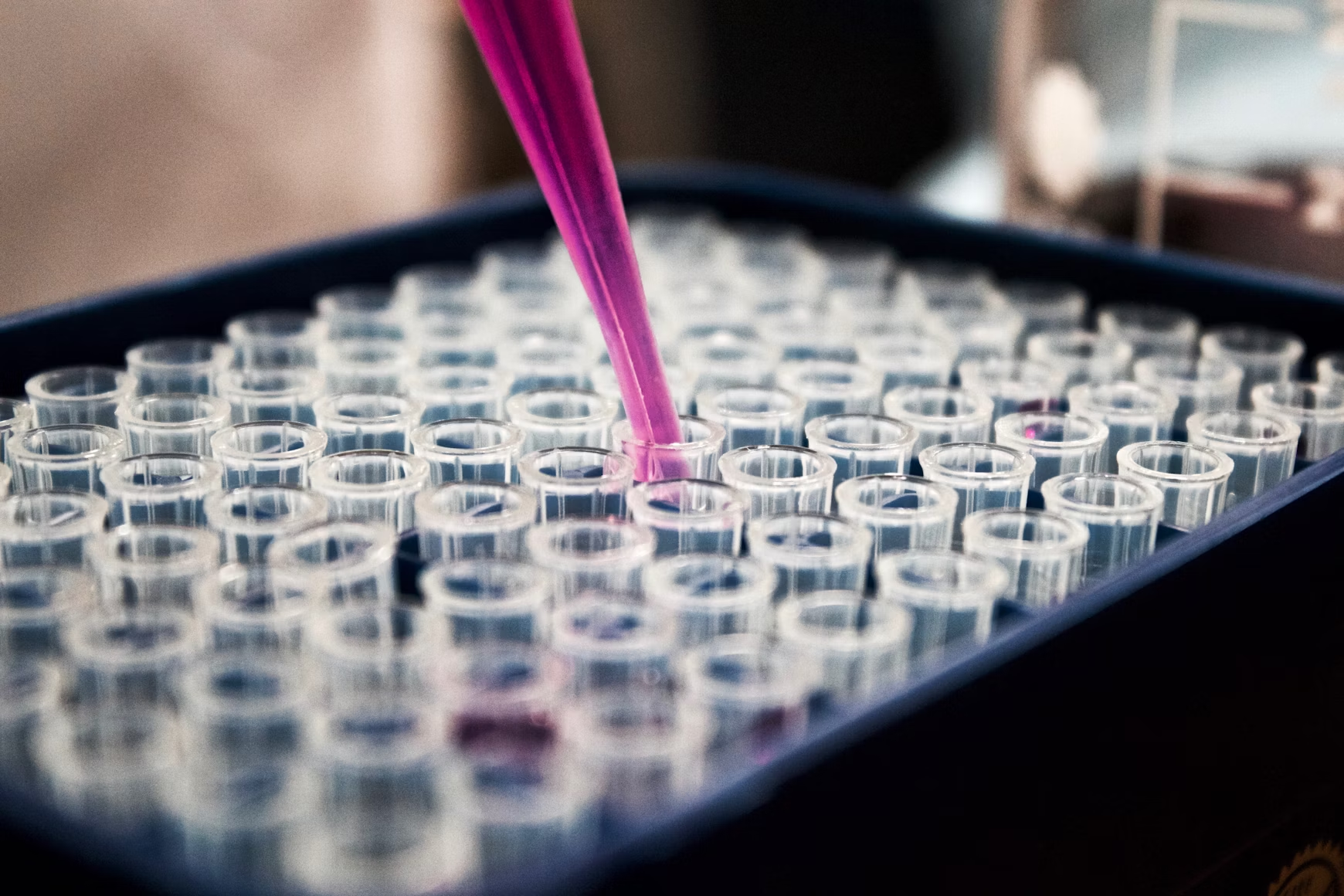
Scientists in China have identified a gut bacterium that may act as a natural alternative to Ozempic, the blockbuster diabetes and weight loss drug. Led by researchers at Jiangnan University, the study found that Bacteroides vulgatus can stimulate the body’s production of crucial hormones that help regulate blood sugar and curb sugar cravings.
The findings, based on diabetic mice and human data, suggest a future where type 2 diabetes could be managed by reshaping the gut microbiome rather than relying solely on costly injections.
How Does Ozempic Help People With Diabetes?
Ozempic, the brand name for semaglutide, is a type of prescription medication known as GLP-1 receptor agonists. These drugs mimic the body’s natural hormone GLP-1 (glucagon-like peptide-1) [1].
GLP-1 plays several important roles:
- Boosting the release of insulin after meals
- Suppressing glucagon, a hormone that raises blood sugar
- Slowing digestion, helping people feel full for longer
- Reducing appetite, which can often lead to weight loss
For people with type 2 diabetes, whose bodies may not produce or respond well to GLP-1, drugs like Ozempic have been life-changing. They not only improve blood sugar control but also aid in weight management, making them a two-in-one solution for metabolic health.
Why Is a Natural Ozempic Alternative Needed?
Despite its success, Ozempic comes with its challenges. It must be injected weekly, it can cause unpleasant side effects (such as nausea or stomach upset), and it’s expensive. The price alone has led to accessibility issues worldwide, and demand for the drug has surged so quickly that shortages have become common.
This is why researchers are looking for more sustainable alternatives. The team at Jiangnan University discovered that levels of a gut protein (called Ffar4) were unusually low in people with diabetes. This disrupts signals tied to appetite and sugar regulation. Further experiments revealed that B. vulgatus could potentially restore this balance [2].
When mice were given the bacterium or its metabolites:
- GLP-1 levels increased naturally
- Another hormone, FGF21, rose, which can reduce sugar cravings
- Blood sugar levels improved significantly
In other words, the gut microbe appeared to do naturally what Ozempic does pharmaceutically: improve hormone signaling and help control blood sugar.
The Bigger Picture
This latest discovery adds to a growing body of research showing that the gut microbiome is central to metabolic health. While more studies are needed in humans, the possibility of using a probiotic-like treatment to mimic Ozempic’s effects is generating excitement.
Natural approaches could also complement other emerging alternatives, such as berberine (a plant compound nicknamed “nature’s Ozempic”) and beta-glucan (a type of dietary fiber shown to support blood sugar and appetite control) [3] [4]. None are as powerful as semaglutide yet, but together they hint at a future where managing diabetes could mean a mix of diet, lifestyle, and gut-friendly interventions.
 11 Niche Experts
11 Niche Experts
 100+ Product Reviews
100+ Product Reviews
 50+ Tested Products
50+ Tested Products
At BestDaily, our mission is simple: to help you make confident, informed decisions about the products that impact your daily life. Whether you're searching for wellness essentials or lifestyle upgrades, we combine hands-on testing with expert analysis to highlight what truly works.

